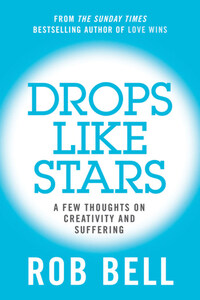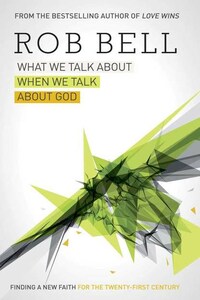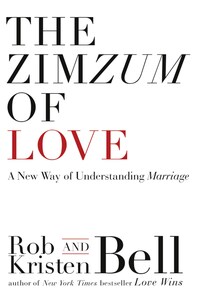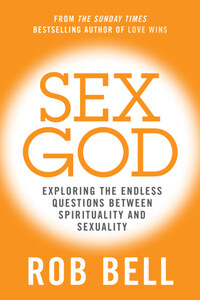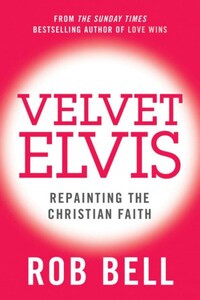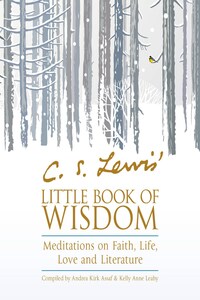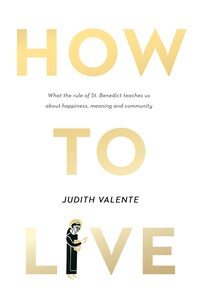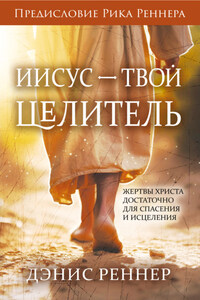CHAPTER 1 The Art of Disruption
I know a man who has two sons.
Both of his sons are married, and both their wives became pregnant in the same year. Out of the two pregnancies,
one ended in a miscarriage,
the other in a healthy baby boy.
And so twice in that year this man I know went to the same hospital, walked down the same hallways with his same family members—the first time to grieve and mourn, the second time to rejoice and celebrate.
We live in the hallways, don’t we?
In the hallways.
We’ve left one room and gone to the other. We’ve sat outside, waiting. We’ve felt that kind of pain and been overwhelmed by that kind of joy.
We’ve all been in the hallways in one way or another, haven’t we?
Maybe not in the same family,
in the same hospital,
in the same hallways,
but this man with two sons—
we know his story,
because his story is our story.
Jesus told a story about a man who had two sons. The story begins with the younger son asking for his share of the inheritance, which in first-century Jewish culture was a deeply offensive request, the equivalent of saying,
“Dad, I wish you were dead.”
What an odd way to begin a story.
What’s even more unusual is that the father grants his request. The son leaves with the money and eventually spends it all. In his humiliation and poverty, the son decides to head home, where he hopes to get work as one of his father’s servants.
But when he arrives home, he isn’t shunned or punished or treated as a servant. His father rushes out to welcome and embrace him and then throws a party for him. Normally, on an occasion like this, a lamb would be sacrificed for the meal, which would be enough for a family.
But the father in this story has a calf prepared, which would be enough for the whole village.
Apparently, the consequences of the son’s departure were so destructive that he needed to be reconciled to the whole community.
This celebration infuriates the older brother. He refuses to join the party and instead argues the injustice of it all to their father, who responds,
“My son, you are always with me, and everything I have is yours. But we had to celebrate and be glad, because this brother of yours was dead and is alive again; he was lost and is found.”
The older brother then has a moment of profound enlightenment. He puts his arm around his father and says, “You’re right, Dad. I’m sorry I’ve been such an ass. Can I get you a beer?”
Uh . . . actually, that’s not how the story ends. The story ends with the father’s words about how everything he has belongs to his son and how they have to celebrate because his son “was dead and is alive again.”
That’s it.
That’s how the story ends.
The father’s words hanging in the air . . .
And we never learn what the elder brother decides to do.
What an odd way to end a story.
If this story was a film, it would end with the father’s words, and then the camera would pan back, showing the party in the background. You’d hear the clinking of silverware and laughter and the thump of the bass drum on the dance floor and then the screen would fade to black and the credits would roll.
Jesus leaves the story unresolved.
We never find out what the older brother decides to do.
Jesus doesn’t give the story the proper Hollywood ending we’ve all come to expect.
You can picture one more scene, can’t you?
The older brother enters the party and the younger brother is surrounded by people who want to talk to him but he sees his brother and so he says to them “just a minute, please” as he starts walking toward his brother and the orchestra music in the background gets louder and louder as they get closer and closer until they embrace and everybody at the party circles around them and starts clapping and then the camera pans over to that one last shot—the one of the father holding a glass of Champagne with a smile on his face and a tear in his eye.
But that’s not how it always goes, is it?
Some elder brothers never join the party.
Some fathers never throw one. Some brothers never come back. Some things never get resolved.
Lots of parties are missing somebody.
And when we try to resolve things too quickly or pretend that everyone is there when they aren’t or offer hollow, superficial explanations . . . it’s not honest and it’s not right and it’s not real.
It’s not how life is.
I’ve heard people trying to be helpful in the midst of a tragedy or accident or death by saying, “That’s just how God planned it,” while I’m thinking, “The god who planned THAT is not a god I want anything to do with.”
Others with far more wisdom and experience than me have tackled the “why” questions of suffering.
Here, in these pages, I’m interested in another question . . .
Not “Why this?”
